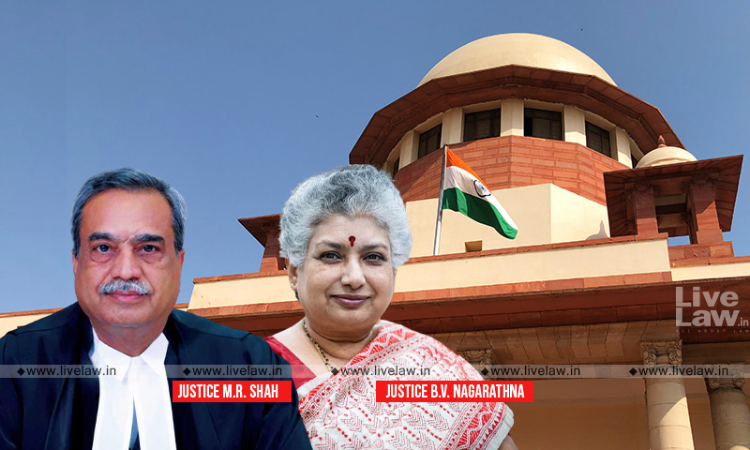National Consumer Commission's Appellate Order Can Be Challenged Before High Court Under Article 227 : Supreme Court
Manu Sebastian
13 May 2022 5:48 PM IST

Next Story
13 May 2022 5:48 PM IST
The Supreme Court has held that an order passed by the National Consumer Disputes Redressal Commission (NCDRC) in appeal under Section 58(1)(a)(iii) of the Consumer Protection Act 2019 can be challenged in a writ petition filed before a High Court under Article 227 of the Constitution.A bench comprising Justices MR Shah and BV Nagarathna held that NCRDC is a "tribunal" falling under Article 227...
